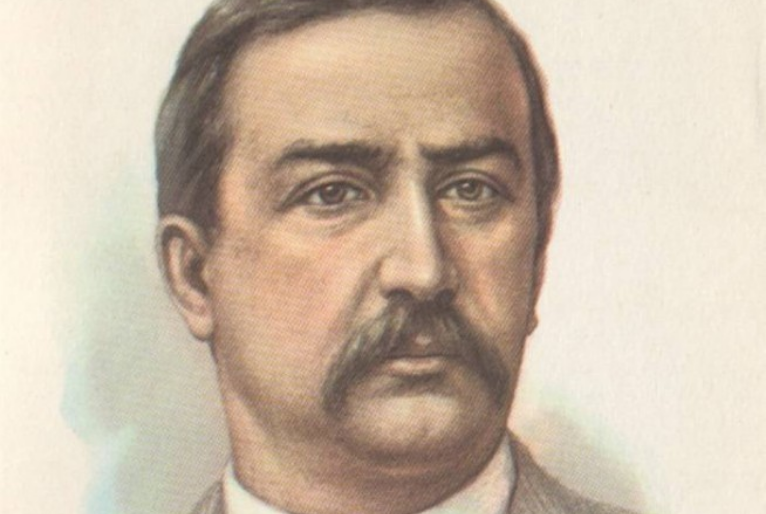In the realm of Russian classical music, few names evoke such admiration and intrigue as that of Alexander Borodin. As a composer, chemist, and dedicated advocate for women’s education, Borodin led a remarkable life that left an indelible mark on the world of music. His compositions continue to captivate audiences with their lush melodies, evocative harmonies, and distinctive Russian spirit. Join us as we delve into the fascinating biography of Alexander Borodin, a true master of the Romantic era.
Early Life and Dual Passions:
Born on November 12, 1833, in Saint Petersburg, Russia, Alexander Porfiryevich Borodin was raised in an environment that nurtured both his scientific and artistic talents. Despite initially pursuing a career in chemistry, he couldn’t resist the allure of music, which soon became his lifelong passion. Borodin’s fascination with Russian folk music, coupled with his exposure to Western European compositions, laid the foundation for his unique musical style.
The Mighty Hand of the Mighty Five:
As a member of the famous group of composers known as “The Mighty Five” or “The Russian Five,” Borodin was at the forefront of a movement seeking to establish a distinct Russian musical identity. Alongside composers like Mily Balakirev, César Cui, Modest Mussorgsky, and Nikolai Rimsky-Korsakov, Borodin strived to create music that reflected the rich cultural heritage of their homeland.
The Composer’s Legacy:
While Borodin’s compositional output may not have been as extensive as some of his contemporaries, the quality of his work remains undeniable. His most renowned composition, the opera “Prince Igor,” showcases his ability to seamlessly blend Russian melodies with Western orchestral techniques. The opera’s beloved Polovtsian Dances, with their infectious rhythms and sweeping melodies, continue to be a staple of orchestral programs around the world.
Beyond “Prince Igor,” Borodin’s string quartets, symphonies, and other orchestral works demonstrate his talent for crafting emotive and lyrical music. His ability to capture the essence of Russian folklore and infuse it with sophisticated harmonies and orchestrations made him a revered figure within the musical community.
A Life of Achievement:
Beyond his musical endeavors, Borodin’s dedication to his scientific career is equally notable. He made significant contributions to organic chemistry, particularly in the field of aldehydes, earning him widespread recognition in academic circles. His scientific pursuits often had to take a back seat to his musical ambitions, but he managed to strike a unique balance between the two passions throughout his life.
Championing Women’s Education:
Borodin’s progressive mindset extended beyond his artistic and scientific pursuits. He was a strong advocate for women’s education in Russia, recognizing the importance of empowering women in a society that often limited their opportunities. Alongside his wife, Ekaterina, Borodin worked tirelessly to establish the Bestuzhev Courses, a higher education institution for women, which later became part of the Saint Petersburg State University.
Conclusion:
Alexander Borodin’s life and work epitomize the spirit of the Russian Romantic era. His compositions, infused with folk-inspired melodies, lush harmonies, and evocative orchestrations, continue to enchant audiences worldwide. Alongside his musical achievements, Borodin’s scientific contributions and progressive mindset further illustrate his multifaceted personality. As we celebrate the legacy of this exceptional composer, let us embrace the enduring beauty of his music and the indomitable spirit that drove Alexander Borodin throughout his extraordinary life.


Comments are closed